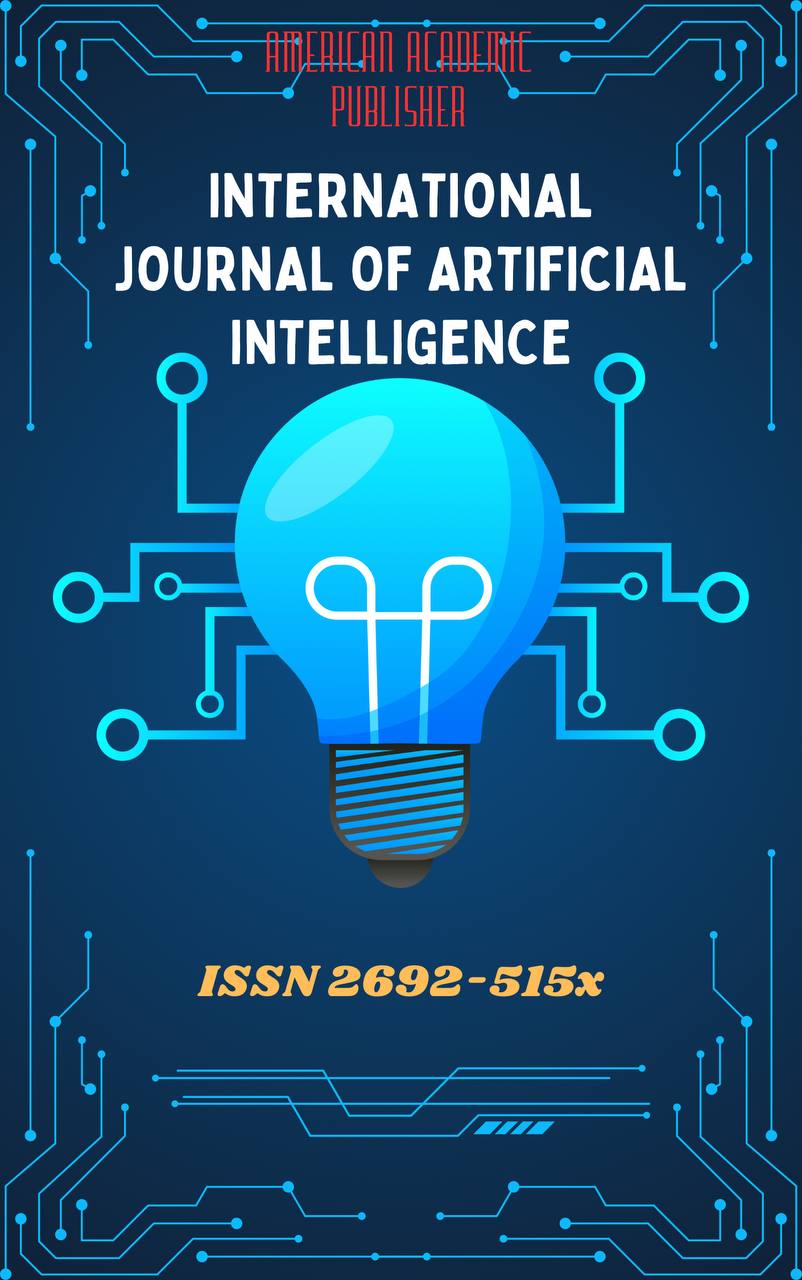 Articles
| Open Access |
Articles
| Open Access | MANAGEMENT CHANGE IN THE CONTEXT OF DIGITAL TRANSFORMATION
Shomurodov Sherali Shuxratovich , Associate Professor, Department of Economics, University of Information Technologies and Management, (PhD)Abstract
This article explores the dynamics of management change within organizations undergoing digital transformation. As digital technologies rapidly reshape industries, businesses are compelled to rethink traditional management models, structures, and leadership approaches. The study examines how digital transformation acts as both a catalyst and a challenge for change management, requiring greater agility, innovation, and employee engagement. Through a combination of literature analysis and case study insights, the article highlights the critical success factors for managing change effectively, such as digital leadership, cultural adaptability, and strategic communication. The findings suggest that organizations that embrace proactive change management during digital transformation are more likely to achieve long-term competitiveness, operational efficiency, and workforce resilience.
Keywords
Digital transformation, change management, organizational agility, digital leadership, innovation, business process restructuring, technological adaptation, employee engagement, organizational culture, strategic communication.
References
Beer, M., & Nohria, N. (2000). Breaking the Code of Change. Harvard Business School Press.
Braun, V., & Clarke, V. (2006). Using thematic analysis in psychology. Qualitative Research in Psychology, 3(2), 77-101. https://doi.org/10.1191/1478088706qp063oa
Cameron, K. S., & Quinn, R. E. (2011). Diagnosing and Changing Organizational Culture: Based on the Competing Values Framework (3rd ed.). Jossey-Bass.
Capgemini Research Institute. (2021). Digital Transformation Review: Accelerating Business Value. Retrieved from https://www.capgemini.com/research
Deloitte. (2022). Digital Transformation Survey Report. Deloitte Insights. Retrieved from https://www2.deloitte.com
Kane, G. C., Palmer, D., Phillips, A. N., Kiron, D., & Buckley, N. (2015). Strategy, Not Technology, Drives Digital Transformation. MIT Sloan Management Review and Deloitte University Press. Retrieved from https://sloanreview.mit.edu
Kane, G. C., Palmer, D., Nguyen Phillips, A., Kiron, D., & Buckley, N. (2019). The Technology Fallacy: How People Are the Real Key to Digital Transformation. MIT Press.
Kotter, J. P. (1996). Leading Change. Harvard Business School Press.
McKinsey & Company. (2020). The People Power of Digital Transformation. Retrieved from https://www.mckinsey.com/business-functions/mckinsey-digital
Schein, E. H. (2010). Organizational Culture and Leadership (4th ed.). Jossey-Bass.
Vial, G. (2019). Understanding digital transformation: A review and a research agenda. The Journal of Strategic Information Systems, 28(2), 118-144. https://doi.org/10.1016/j.jsis.2019.01.003
Westerman, G., Bonnet, D., & McAfee, A. (2014). Leading Digital: Turning Technology into Business Transformation. Harvard Business Review Press.
Yin, R. K. (2018). Case Study Research and Applications: Design and Methods (6th ed.). Sage Publications.
Article Statistics
Downloads
Copyright License

This work is licensed under a Creative Commons Attribution 4.0 International License.

